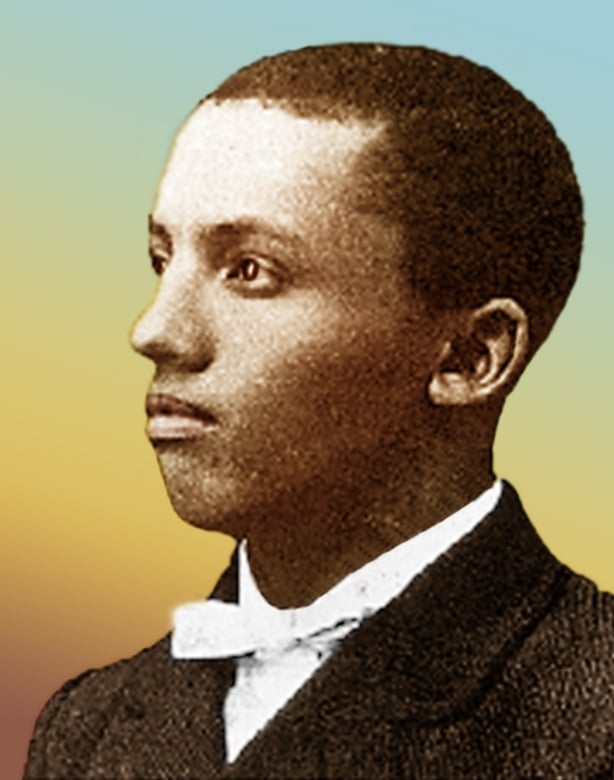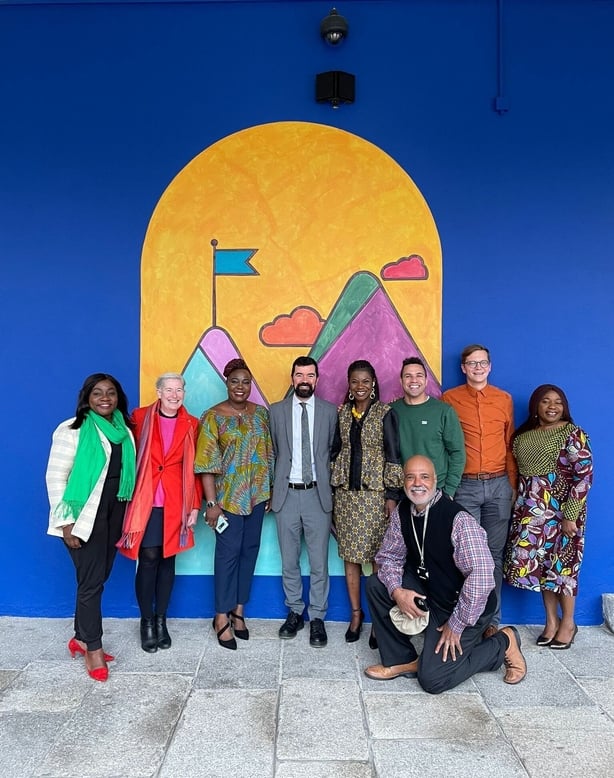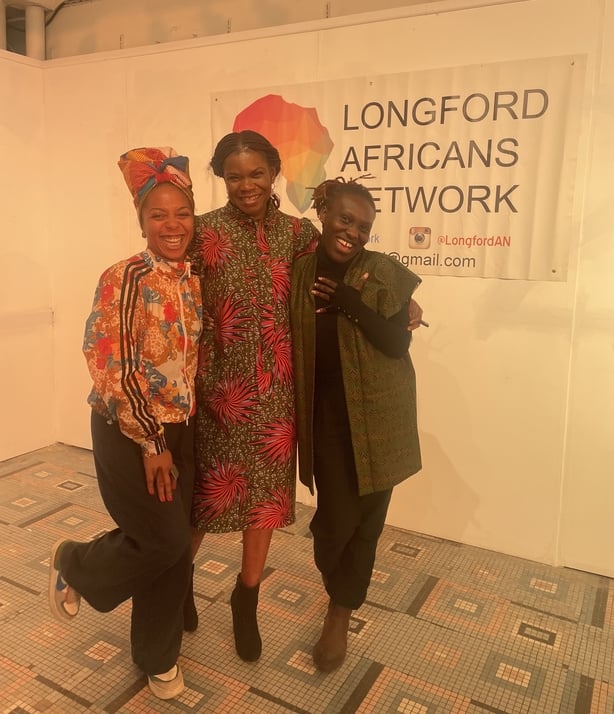For almost 100 years, Black History Month has been celebrating and highlighting the rich history, lives and culture of the African diaspora. Dr Ebun Joseph of the Institute of Antiracism and Black Studies Ireland explains how this celebration came about, why it matters and how you can get involved.
"If a race has no history, it has no worthwhile tradition, it becomes a negligible factor in the thought of the world, and it stands in danger of being exterminated."
Carter G. Woodson
The story of Africa is often presented in ways that overemphasises its negative aspects, misfortunes and challenges. This creates a problem not only for the continent of over 1.4 Billion people, but for its citizens and their products within and outside the continent.

In 1926, writer and educator Dr. Carter G. Woodson launched the 'Negro' History Week, an initiative to tackle this negative portrayal of Africa in schools and the impact it potentially has on the self-esteem of Black students. Woodson argued that the teaching of black history was essential to ensure the physical and intellectual survival of the race within broader society.
The words of John Henrik Clarke makes it even clearer where he writes that,
"History is not everything, but it is a starting point. History is a clock that people use to tell their political and cultural time of day. It is a compass they use to find themselves on the map of human geography. It tells them where they are but, more importantly, what they must be."
The danger therefore is when the history of a group of people is distorted, you can very easily control their lives even without taking further action/s. This is how Woodson described it:
"If you can control a man’s thinking you do not have to worry about his action. When you determine what a man shall think you do not have to concern yourself about what he will do. If you make a man feel that he is inferior, you do not have to compel him to accept an inferior status, for he will seek it himself. If you make a man think that he is justly an outcast, you do not have to order him to the back door. He will go without being told; and if there is no back door, his very nature will demand one."
The absence of programmes like Black Studies in schools is a major challenge. Schooling a young Black or Africa Irish person where Black history is not taught means that child grows up learning about other people’s history and nothing of their own black heritage. And the few times their history is mentioned in schools and in the media, it is riddled with talks of Black enslavement, poor governance, poverty, illiteracy, disease and other such negativity. It will be highly detrimental. It can amplify identity crisis, influence their self-esteem and self-perception.
The solution which originated in the U.S. and has morphed into what we now call the Black history month, encouraged the coordinated teaching of the history of Black Americans in the nation's public schools.
Black history month is now an annual celebration of the history, lives and culture of the African diaspora. it is celebrated in Ireland and UK from the 1st to the 31st of October, and in February in North America.
This often causes a mix-up in Ireland particularly for businesses with an American origin who want to identify with their North American office in their February BHM celebrations. I often find myself marking Black history month twice as I end up giving talks during both months!
Changing the negative narrative
The month of activities of the Black History Month aims to change the negative narrative by celebrating and showcasing the contributions of people with African or Black ancestry. While Black history month commenced in Ireland in 2010, this is the first year on the initiative of the Institute of Antiracism and Black Studies Ireland organised a launch of the 2022 month of activities in collaboration with other Black and African communities supported by IMMA, the Irish Museum of Modern Arts.

The month of activities was launched by Joe O’Brien, the Minister of State at the Department of Rural and Community Development. Each year, a theme is assigned based on their identified needs. Considering that the experiences and presence of Black people to Ireland is different from the U.S and UK, Ireland now determines its own theme rather than borrow from the UK or the US. The theme of the 2022 Black History month in Ireland is; "Celebrating Black Excellence: Looking Back to Shape the Future."

How to get involved with Black History Month - all year round
Recommended BHM activities include; addressing a challenge faced by the group, giving presentations that showcase Black excellence, contributions to global or local development. Simpler activities include reading a book by a Black author, watching a movie that can be educational about the experiences of Black communities, study about an African country.
On social media, make new contacts outside your usual networks and follow people who look like me. If you are Black, follow other Black people from outside your network. A fun one is to visit an African friend and enjoy a bowl of jollof rice. Happy black history month.
The views expressed here are those of the author and do not represent or reflect the views of RTÉ











































